The power of imagination and creativity in driving change
- Lucy Orta
- Apr 22, 2022
- 2 min read
Updated: Apr 22, 2022

Human lives are intrinsically interwoven into our planet’s health, the biodiversity of the air, our land and oceans. An inseparable yet fragile bond that can be so easily unraveled with irreversible consequences. We still need to learn to read the signs of the ‘tug’ effect described by John Muir. Humans harmful actions need to be reversed immediately. The broken threads pried from the fabric of our balanced ecosystems leaving those gaping holes can be salvaged in creative ways, we can painstakingly mend the scars one-by-one, loop by loop. Art can be one of the tools to help guide the threads back into place; a needle or a hook that gradually binds the wounds. Art can vehicle the complex emotions that hold us back from recognising the power of imagination and creativity in driving change.
On Earth Day we’re reflecting on four ongoing meta projects from Studio Orta…
Clouds for its potential to raise awareness of the destructive nature of plastic on our environment, to highlight an example of citizen action and innovation in recycling and show how this has inspired Studio Orta to invent a new sculptural language that explores the relational paradox between this highly pollutant material and social sustainability.
OrtaWater for its capacity to engage audiences in the sensory experience of drinking clean water from highly polluted local water sources. Through OrtaWater, Studio Orta experiments with art in playful and participatory ways, to demonstrate scientific advancements in water treatment and distribution that have the potential to transform community’s livelihoods.
Amazonia is a ‘meta’ ecosystem through which we can pay homage to all other living beings –plants, insects, birds, animals– and to acknowledge and respect our indigenous ancestors’ and peoples’ tacit stewardship. Our natural world has the capacity to awe and humble. Through multiple artistic mediums (drawing, sculpting, photography, photography, sound, performance) art attempts to capture and hold these emotions in focus.
Food scarcity and insecurity has become a stark reality with the war raging in Ukraine. We have learnt that Russia and Ukraine produce 30% of the world’s wheat and that 400 million people rely on Ukraine’s next harvest. This heightened awareness of our where the world’s food is grown, its geographic concentration and the world’s reliance on a mono-culture agricultural system will lead to radical changes. Studio Orta’s food-related project 70x7 The Meal explores the links between planetary and human health, using its familiarity and participatory ritualistic characteristics to draw attention to biodiversity loss and to encourage local and more sustainable ways of precuring the food we eat.
Explore more work by Studio Orta online.

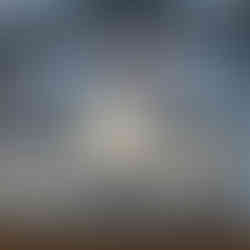






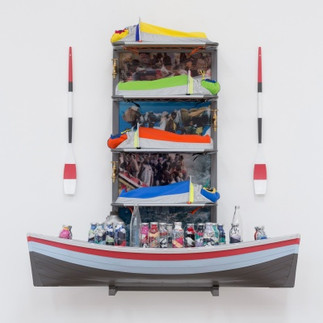

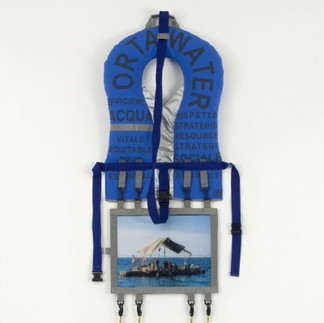


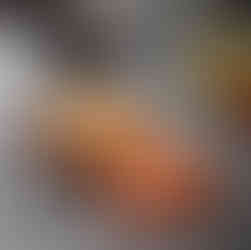



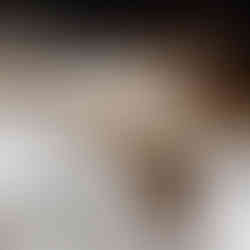




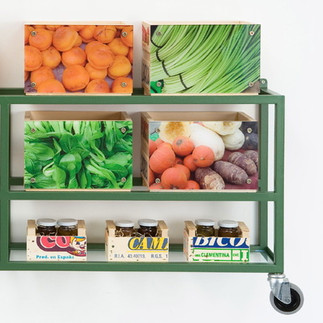
Comments